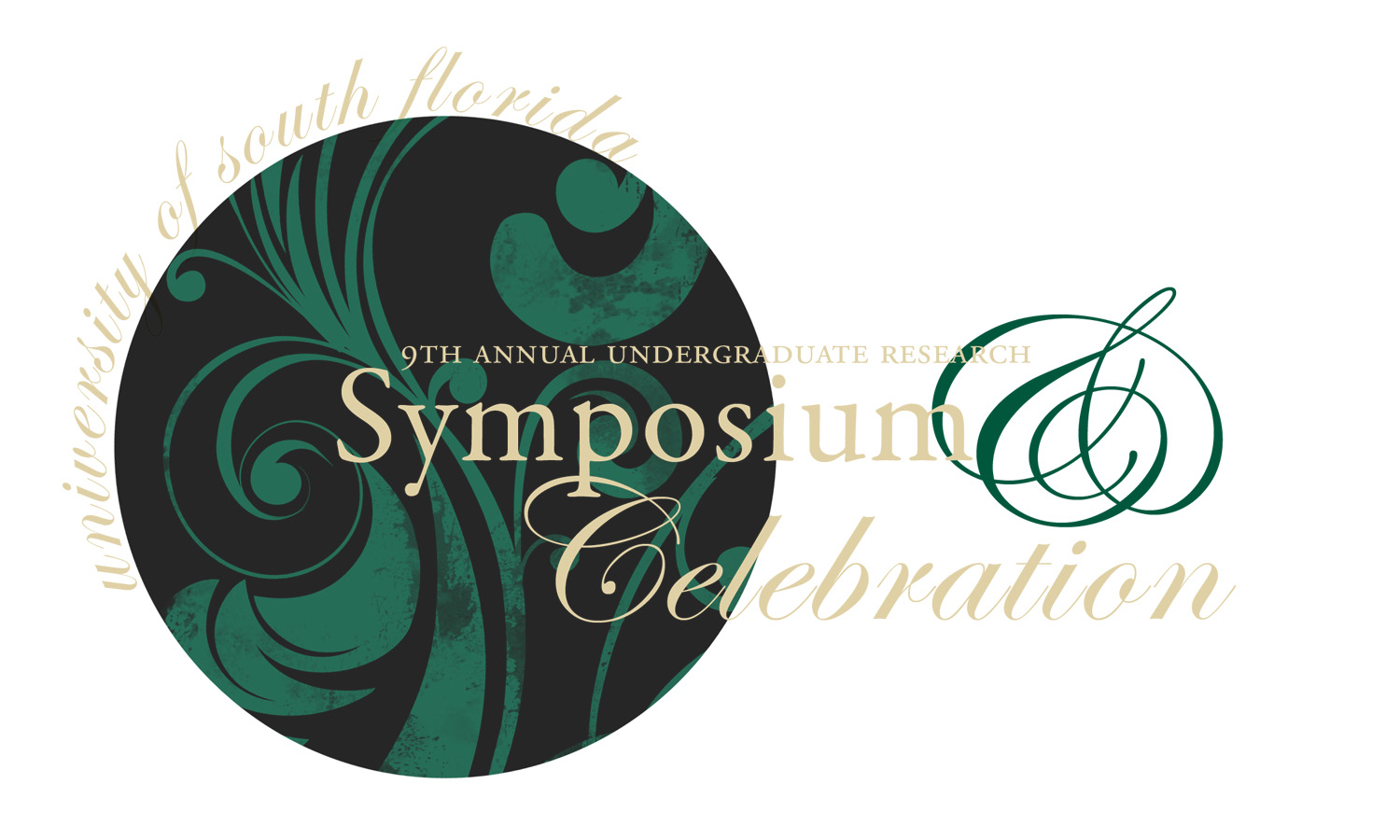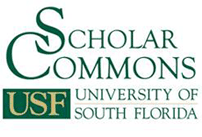About the Panel
The keynote panel was comprised of three distinguished researchers who all participated in research as undergraduates. From different disciplines, the speakers provided their insight into the importance of undergraduate research, highlighting its impact on their lives. They also described the prevalence and opinions of undergraduate research at the schools from which they obtained their undergraduate degrees.Dr. Dean Martin, Chemistry
Dean F. Martin, Distinguished University Professor of Chemistry, retired in August 2006 and was granted Emeritus status at USF, where he had been a faculty member since 1964.
He grew up in Grinnell, Iowa, attended Grinnell College, and graduated with honors in June 1955. Two publications emerged from his honors research. He was a research fellow in chemistry at Penn State and defended his dissertation in June 1958. In 1958-59 he was a NSF post-doctoral fellow at University College, University of London. Subsequently he was a faculty member in the Division of Inorganic Chemistry at the University of Illinois-Champaign-Urbana before accepting an opportunity to be at USF.
At USF he was encouraged to become interested in environmental chemistry, which led to his research on the origin and potential mitigation of red tide and nuisance aquatic plants. He was the recipient of a five-year Career Development Award of the US Public Health Service that included a year as a visiting professor of physiology and pharmacology at Duke Medical Center studying the effects of red tide toxins on red blood cells. He has advised over 20 masters' students and 20 doctoral students and a good number of undergraduate students. His current research is concerned with removal of nuisance anions (including nitrate, phosphate, arsenate, and perchlorate ions) by a novel approach, i.e., using supported coordinating agents.
Dr. Julia Irwin, History
Julia Irwin received her Ph.D. in history, with a concentration in the history of medicine and science, from Yale University in 2009. After teaching for a year at another institution, Dr. Irwin joined the USF History department in the fall of 2010. She teaches courses in the United States and the World, the United States and Latin America, and U.S. Empire and internationalism.
Dr. Irwin's research focuses on the role that international humanitarian aid played in U.S. foreign relations during the early twentieth century. Her current book project, Making the World Safe: The American Red Cross and a Nation's Humanitarian Awakening, examines how and why both government officials and private citizens began to support foreign aid during the First World War era. Dr. Irwin shows the important role that doctors, nurses, and other volunteers have played in formal and informal diplomacy by tracing the aid work of American Red Cross workers throughout Europe, Central America, and Asia.
MJ Holloway, Molecular Medicine
Mary Jolene Holloway began doing undergraduate research in 2002 at USF, examining HIV antibodies to develop insight into HIV vaccination. In 2002, Holloway co-founded and became President of the USF Undergraduate Research Board. Upon learning of the new Interdisciplinary Honors Research major in 2003, she became involved with a second project investigating probable causes of Wolfgang Amadeus Mozart's death. In 2005, she performed Mozart's Clarinet Concerto and delivered an oral presentation discussing this research. After graduating in 2005 with two majors (Microbiology and an original graduate of the Honors Research Major), Holloway began studying molecular medicine at the USF College of Medicine. She received an NIH Predoctoral Fellowship to complete her research project, received her Master's degree in 2009, and plans to graduate with her doctorate in summer 2011.

